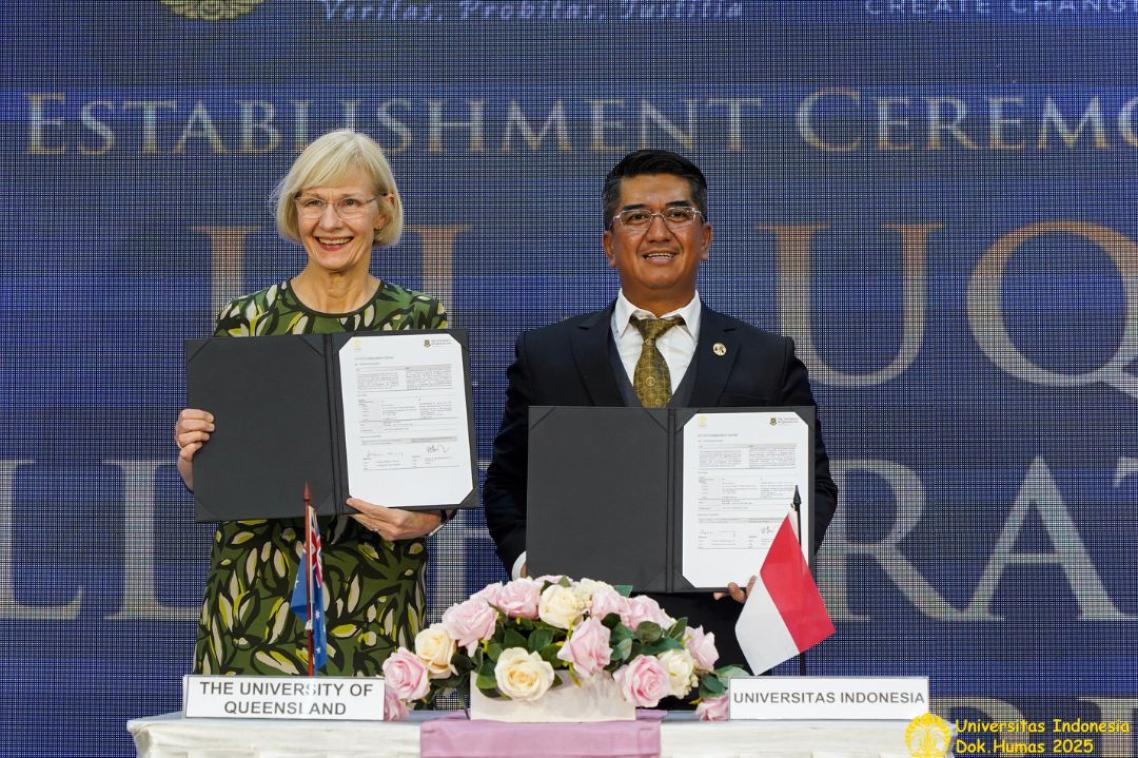Research investigates de-stress powers of inner-city sanctuaries
Dr Jan Packer from UQ's School of Tourism is looking at ways city dwellers can get away from it all and relax without having to leave the CBD.
Dr Packer is investigating how inner-city locations such as museums, art galleries, botanic gardens and aquariums can be used as restorative environments for stressed-out city slickers.
"There is a well documented link between natural environments such as national parks and the ability of people to recover from the stresses of life," Dr Packer said.
"The theory is that natural environments have particular attributes that enable people to mentally recover and regain the ability to focus on their work.
"What I am trying to do is find out whether informal learning environments in cities have these attributes and are able to provide the same benefits to people."
The four attributes Dr Packer said were integral to a restorative experience were fascination (being engaged without effort); a sense of being away (being removed physically or mentally from an individual's everyday environment); the perception of extent (the environment has sufficient content and structure that it can occupy the mind for an extended period); and compatibility (providing a good fit with an individual's purposes or inclinations).
For her research, Dr Packer and research assistant Mr Nigel Bond will be asking visitors at a number of locations to complete a questionnaire designed to measure the presence of these vital attributes and what, if any, restorative benefit the visitors received from the location.
Dr Packer said that if the restorative powers of informal learning environments were proven it could change the way the locations presented themselves to the public.
"If the sites are made aware of the different ways in which people use the environments then they can build their experiences to better cater for the public's needs," she said.
"In museums in particular, there is a greater emphasis on the learning aspect of the environment. These sites see themselves as primarily providing an educational service, but if we can show how important the restorative aspects of the sites are then they can put things in place to make sure people meet all of their needs."
Dr Packer said the locations could incorporate more seating to enable people to reflect and relax as well as change the interpretation of the exhibits to emphasise the aspects that were more important in the restorative process.
Dr Packer said her findings might also introduce a whole new generation of visitor - those looking to momentarily escape the rat-race - to the informal learning experience.
Media: Dr Packer (3381 1325 or j.packer@uq.edu.au). Proofsheets of Dr Packer can be found at: http://omc.uq.edu.au/images/5015g
For high resolution images, please contact Diana Lilley d.lilley@uq.edu.au, telephone 07 3365 2753.
Media: Further information, Sam Ferguson, Communications Manager, Faculty of Business, Economics and Law, UQ, tel 07 3365 6662 or Jan King at UQ Communications, 07 3365 1120.
Related articles

Australian and Indonesian universities launch centre to accelerate research, innovation and engagement

National guidelines to revolutionise concussion treatment
Media contact
UQ Communications
communications@uq.edu.au
+61 429 056 139
